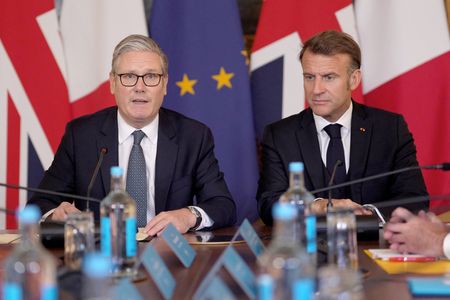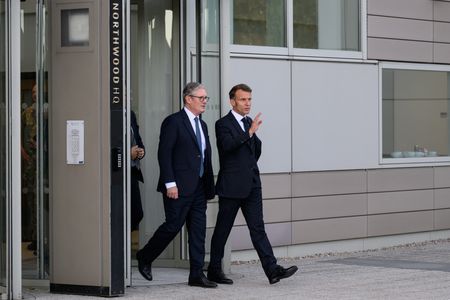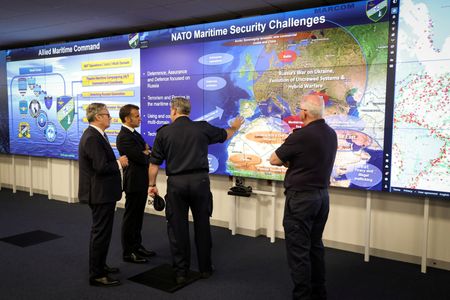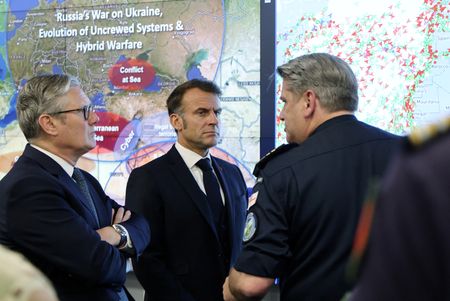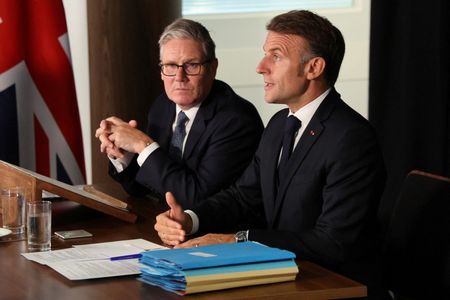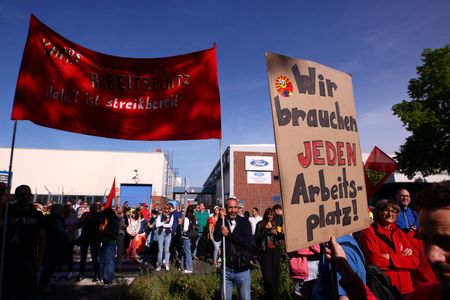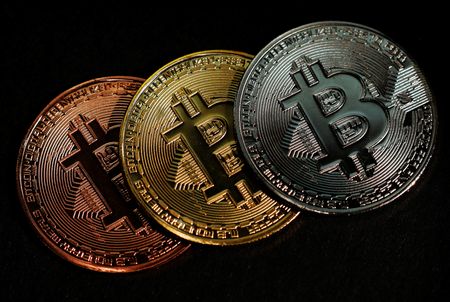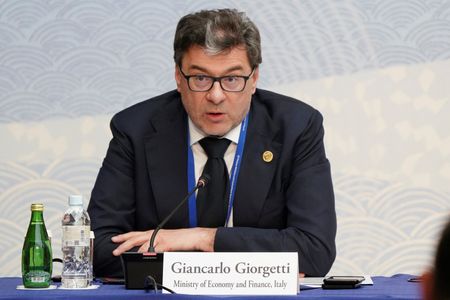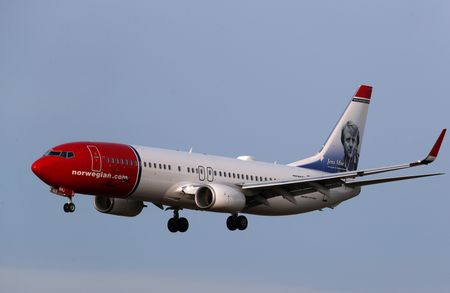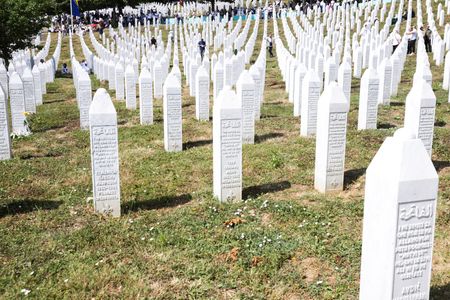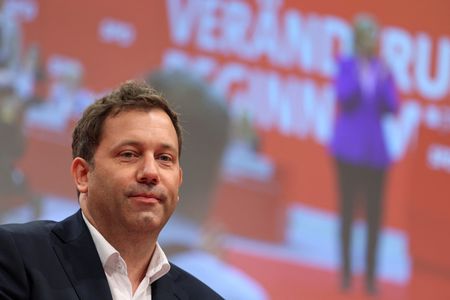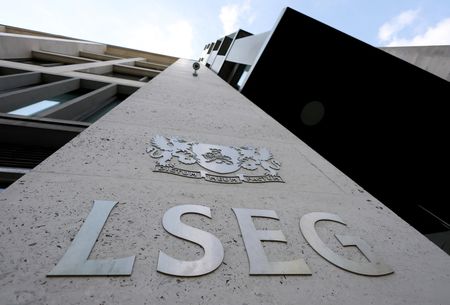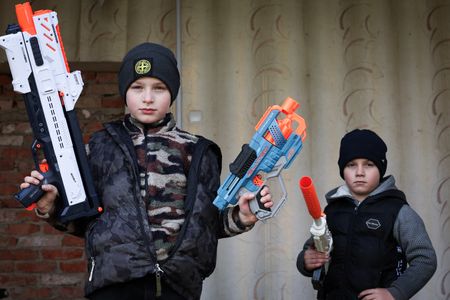By Elizabeth Pineau, Elizabeth Piper and Andrew MacAskill
LONDON (Reuters) -British Prime Minister Keir Starmer and French President Emmanuel Macron announced tougher migration controls on Thursday, ending a state visit with deals on defence, nuclear cooperation and plans to support Ukraine in case of a ceasefire.
After hosting Macron for a three-day visit that included a carriage procession to Windsor Castle with King Charles and a state banquet, Starmer was handed a much-desired boost when Macron said France had agreed to a migrant returns scheme.
Starmer, who has seen his popularity fall since winning an election landslide last year, is working to address high levels of immigration, including asylum seekers arriving by small boats across the Channel from France, to try to stem the rise of the populist Reform UK party, led by Brexit campaigner Nigel Farage.
At a joint press conference, the two leaders said they had agreed a “one in, one out” returns scheme – which would see Britain deporting to France undocumented people arriving in small boats, in return for accepting an equal number of legitimate asylum seekers with British family connections.
“I’m pleased to announce our agreement today on a groundbreaking returns pilot. For the very first time, migrants arriving in small boats will be detained and returned to France in short order,” Starmer said, standing alongside Macron.
“This will show others trying to make the same journey that it will be in vain.”
It was unclear, however, whether the agreement would have a big impact. In a joint declaration, it cited the need for the deal to get “prior legal scrutiny in full transparency and understanding with the Commission and EU member states” – something that could potentially take some time.
A government source said they were looking at about 50 returns a week, or 2,600 a year, a fraction of the more than 35,000 arrivals reported by the government last year. Another source said the scheme could be scaled up.
More than 21,000 people have arrived on small boats so far in 2025, a record number for this stage of the year.
Fabian Hamilton, a lawmaker in Starmer’s Labour Party, said he was “sceptical that this is the answer”.
‘MIGRATION PULL FACTORS’
The policy, which is similar to a scheme used by the EU and Turkey, carries risks for Macron from his right-wing political critics who may question why he has agreed to take back migrants wanting to live in Britain.
Macron criticised Britain’s decision to leave the European Union, saying “a lot of people in your country explained that Brexit would allow you to fight more efficiently against illegal immigration” but that it resulted in “the exact opposite”.
He had earlier called on Britain to address “migration pull factors”, suggesting it should be harder for migrants in Britain to find work without legal residential status.
Starmer said Britain’s nationwide crackdown on illegal working, which he described as being on a “completely unprecedented scale”, would mean the jobs migrants had been promised would no longer exist.
Underlining their desire for closer ties between the two countries, which were damaged when Britain left the EU in 2020, the two leaders agreed to strengthen their defence cooperation and both participated in a call of the “coalition of the willing”, nations that plan to support Ukraine in the event of a ceasefire with Russia.
On the call, Starmer told Keith Kellogg, U.S. President Donald Trump’s Ukraine envoy, it was time to force Russian President Vladimir Putin to the negotiating table to try to secure a peace deal. In the meantime, the focus should be on ensuring Ukraine was in the strongest possible position.
They agreed Paris would be the new headquarters of the “coalition of the willing”, rotating to London after the first 12 months. The group of nations would form a post-ceasefire force to regenerate land forces, secure Ukraine’s skies and support safer seas.
“Supporting Ukraine is not just the right thing to do, it’s essential for delivering security at home,” said Starmer.
Both pledged to order more Storm Shadow cruise missiles, now used in Ukraine, and signed an agreement to deepen their nuclear cooperation, which will say for the first time that the respective deterrents of both countries can be coordinated.
“As close partners and NATO allies, the UK and France have a deep history of defence collaboration and today’s agreements take our partnership to the next level,” Starmer said.
(Reporting by Elizabeth Piper, Elizabeth Pineau, Andrew MacAskill. Additional reporting by Muvija M, Sachin Ravikumara and Sam Tabahriti; Editing by Alex Richardson, Bernadette Baum and Andrew Heavens)

